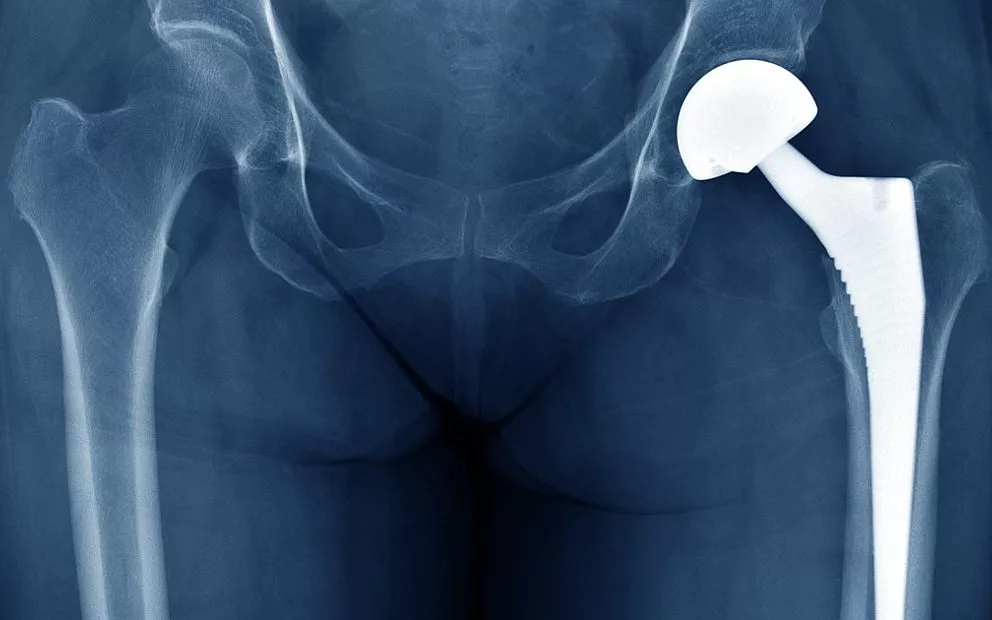Starting a robust exercise program sooner after surgery could prevent patients with dislocated shoulders from sustaining a repeat injury and help them return to sport faster.
A new study, led by researchers from SAHMRI, the University of Adelaide and Texas Tech and published in the British Journal of Sports Medicine, analysed evidence from 3,600 existing studies and found a tailored exercise program, beginning three to six weeks after surgery, was the best approach for preventing a secondary shoulder dislocation.
Dr Timothy Lathlean, a post-doctoral Research Fellow for the Registry of Senior Australians (ROSA) at SAHMRI, who led the study, says a training program designed to incorporate a combination of strength, coordination, balance and muscular control, produced the best results.
“Patients who dislocate their shoulder have a high risk of doing it again within six months, and can suffer from recurrent instability,” Dr Lathlean said.
“Our analysis showed those who undertook a comprehensive, multi-layered rehabilitation program soon after surgery, were twice as likely to avoid reinjuring themselves than those who relied on strength training alone.”
The review focused on patients who suffered from first time shoulder dislocations that occurred in a forward direction due to a direct blow to the shoulder, an injury common in sport and workplace accidents.
Shoulder dislocations are most often incurred by young males between the ages of 16 and 30 due to high rates of participation in contact sports and physically challenging occupations.
“Shoulder dislocation can be disabling and is often accompanied by weakness, stiffness, pain and inability to participate in day-to-day activities,” Dr Lathlean said.
“People who have experienced this injury can have trouble returning to work or sports and there is an economic burden that comes with that. There’s the potential to lessen that burden through more effective treatment.”
“Our results show there’s a real need for more sophisticated exercise programs in the rehabilitation phase to improve patient recovery and get them back to playing sport sooner,”
Similar approaches are already common practice when recovering from spine or knee-related injuries and this study supports it would also be beneficial for acute shoulder injury patients to adopt.
It’s hoped the findings will be used to aid practitioners and researchers alike in achieving optimal results from surgery and recovery.





